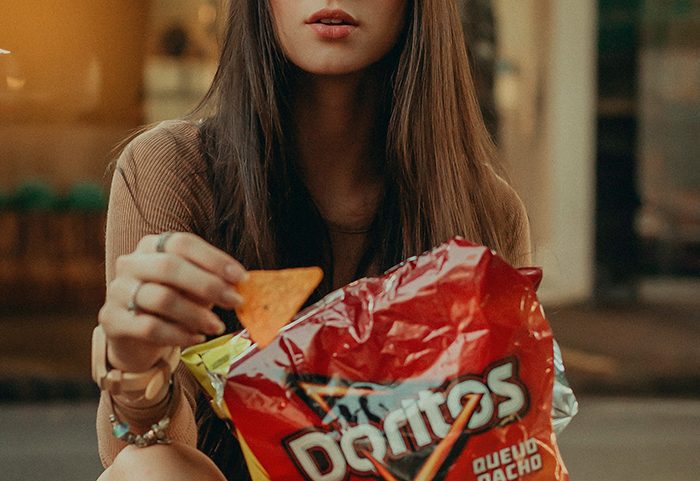Elephant’s Continually-updating Coronavirus Diary. ~ Waylon
~
Many people may turn to unhealthy habits when a crisis arises. We can certainly relate to this during the coronavirus pandemic.
So much has changed for most of us so quickly. Our bodies and nervous systems are working on overdrive with stress and anxiety levels rising.
Despite every attempt at self-control, certain self-sabotaging behaviors or even old habits might be triggered by this stressful time. They may even seem to dominate the day.
However, this isn’t the time to give in to old patterns; this is the time to strengthen our immune systems by turning to healthy habits and behaviors. It is the time to address our challenges with stress eating, overeating, or binge eating. Let us learn to lean in and understand our shortfalls while looking at them through a lens of kindness, compassion, and curiosity. This is crucial when it comes to healing one’s relationship with food and unhealthy eating habits.
Binge eating is more common than most people realize and affects everyone in different ways. For many, the overindulgence in more food than your body physically wants to take in can feel debilitating, embarrassing, and scary. It’s part of my story with food as well.
So, let’s talk about it. Are there solutions?
In almost every binge eating case I’ve seen, food inadvertently becomes a coping mechanism, a way of finding comfort or escaping from something uncomfortable—usually intense feelings.
Instead of trying to use willpower to stop and control the habit of eating more (which can actually exacerbate the binge), you have to take the time to get to the root cause of your overeating and emotional attachment to food. If you do so with the intention of making peace with food, you will find your own way of renewing a relationship with eating where it’s about nourishment and even enjoyment.
Facing the underlying issues is crucial to a full recovery and to managing the symptoms associated with any kind of disordered eating.
Struggling with food is a struggle against the body. Most people—especially those who have a history of on-again-off-again dieting—fight their bodies instead of tuning into their natural guidance.
This leads to depriving the body of what it needs for nourishment and fighting against all cravings, including important ones that are meant to direct you to eat when needed. In the end, the battle with appetite is usually lost, and that’s why you might find you go from wanting something sweet to top off dinner (a craving you might fight) to devouring a whole box of chocolates without sensing the taste of any of them.
This then fuels that painful drive to control and consequently punish yourself for being “bad”—a false and harmful belief.
When you learn to be conscious of your thoughts and habits, you are drawn toward nourishment from your food. You discover freedom and a greater sense of control. The solution to getting there lies in mindful eating—taking a deep breath and reconnecting with your body’s natural guidance mechanism.
Being mindful involves focusing your utmost attention on the present moment so as to disconnect from negative habits and behaviors. Mindfulness nurtures the practice of consciousness in the present moment, and helps you to understand what emotions you’re experiencing as well as how best to handle them.
The opposite is mindless eating. It entails an absolute lack of awareness of the food you are eating and your reason for eating, as well as the lack of control over your rate of consumption.
The key is that mindful eating is not about diet or giving up anything at all. It is about experiencing food and the pleasure from it more consciously. To eat mindfully, you have to trust your body and learn to listen attentively to what it tells you. You are fully conscious of your senses and the factors that influence your appetite.
You can start tuning in by asking yourself these questions:
>> Do you eat for satisfaction or to ease stress?
>> Is your hunger physical or emotional?
Asking questions, acknowledging the sensations and psychological responses that come up as you eat in peace, and discerning the differences between what your body wants and what you are giving it will begin to influence your food and portion choices. Asking questions and becoming aware of the answers to them will also influence how food affects your physical state—your moods, energy levels, and productivity for the rest of the day.
The essence of these techniques is to help individuals reconnect with themselves—something that is typically lost in the vicious cycles that come with self-sabotaging habits and behaviors and a negative relationship with food.
During this time, remember to be extra kind and compassionate with yourself.
If you or your loved one are interested in learning more about mindfulness and how mindful eating can help you to enjoy a satisfying, healthy, and pleasurable relationship with food, please visit my website, or feel free to connect in the comments below.
~
Relephant:












Read 0 comments and reply